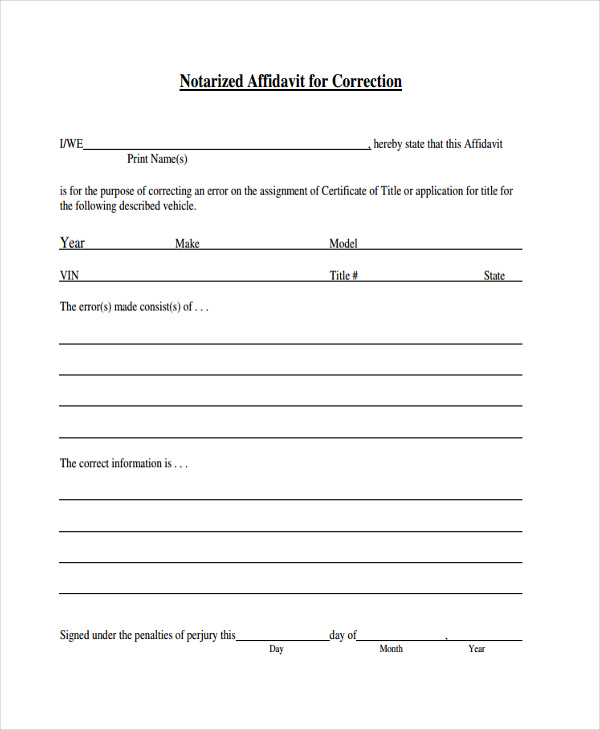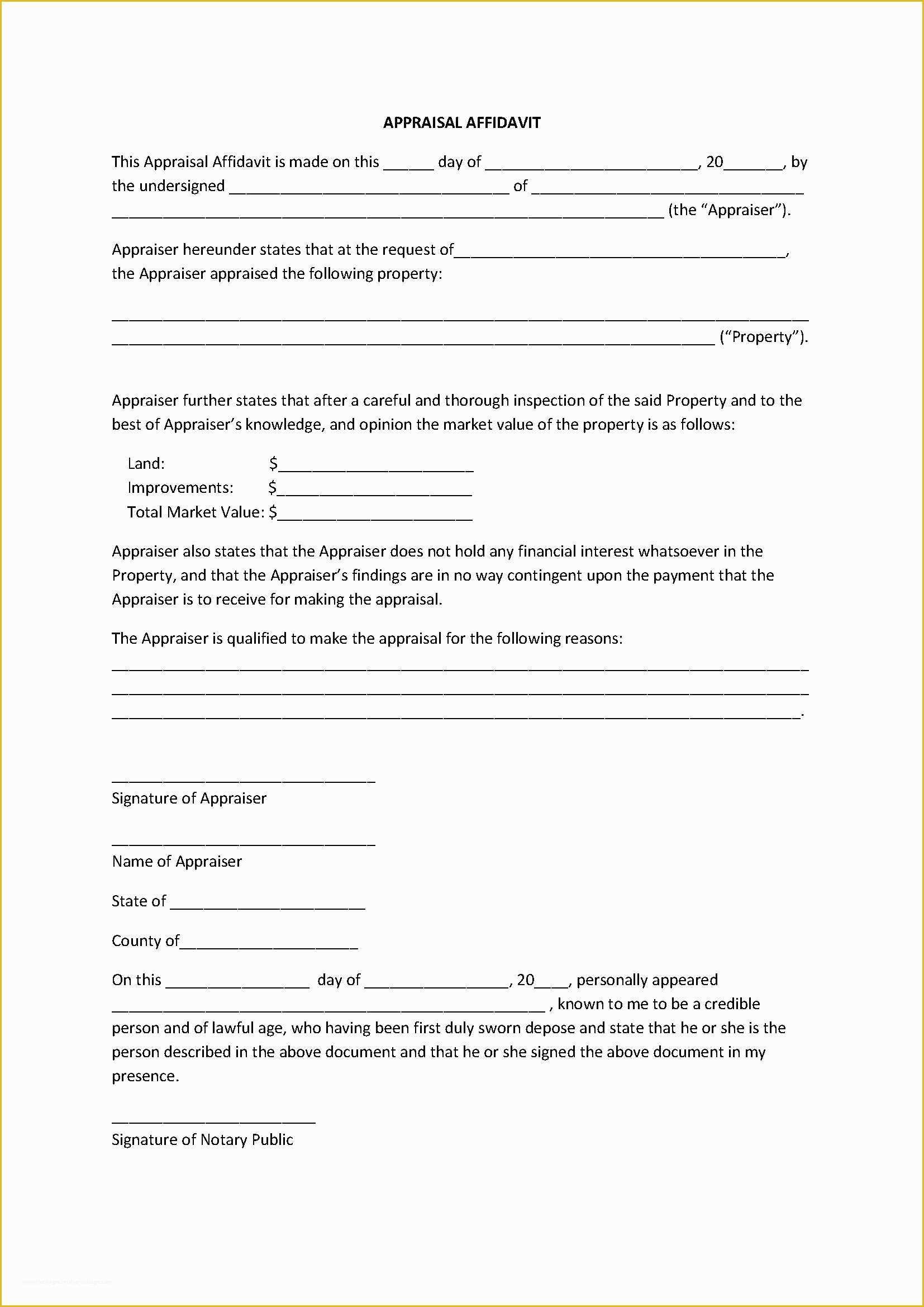
Violating the terms of a loan allows the lender to declare the borrower in default and begin foreclosure proceedings. All three function in the same way: to guarantee the lender a right to the property should the borrower fail to meet the loan agreement terms. The Mortgage, Deed of Trust, or Security Instrumentĭepending on where you work, a real estate closing financed by a lender will always have either a Mortgage, Deed of Trust, or other Security Instrument. Notarized deeds provide title professionals, lenders, and homebuyers with a higher degree of certainty when issuing title insurance, financing home loans, and purchasing a home.

Without scrupulous notaries, criminals would have more opportunities to commit deed fraud. Although county recorders have requirements that documents must meet before recording, officials in these offices don’t check a document’s validity before recording it. ĭeeds executed properly in the presence of a notary help to deter fraud and preserve the quality of land records. See an example of a Florida General Warranty Deed. The most common type seen in real estate transactions is the general warranty deed. Some are used to correct previous mistakes or title defects in the public record, while others are used to transfer title rights with no guarantees, warranties, or covenants. Some are used to convey property without a real estate transaction (an estate planning tool to pass property to heirs without probate). There are lots of different types of deeds.
#DOES A PROMISSORY NOTE NEED TO BE NOTARIZED HOW TO#
The contracting company that assigns you the loan signing, which could be the lender, the title company, or a loan signing service, may have specific requirements on how to handle witnesses. Should the deed be challenged in court, the other party’s witnessing signature bolsters the document’s integrity. In some cases, the notary may act as the witness, but some notaries prefer not to volunteer to serve as the witness.

In some states, deeds must also be signed by one or more witnesses who watch the Grantor (property owner) sign the deed. The deed is signed by the seller or current owner, notarized, and recorded in the public land records office of the property’s governing jurisdiction.

These types of closing packages will include a closing document called a Notice of Right to Cancel. For instance, if a consumer changes their mind within a certain time frame, they have a chance to cancel most non-purchase money mortgages, which includes refinances and home equity loans. Which documents are included depends on the type of real estate transaction or loan product. Within the closing package, you’ll find a few that are known as “critical documents.” These include Deeds, Promissory Notes, Closing Disclosures, and Notice of Right to Cancel (also known as Right to Rescind). These documents contain agreements, authorizations, contracts, disclosures, instructions, notices, and statements. Here are some critical documents to know, some tips on presenting these documents, and what to do if any are missing or incomplete documents.Ī closing package is all the paperwork that a borrower signs during a real estate transaction. If becoming a Notary Signing Agent is part of your notary business plan, start learning as much as you can about these documents before signing up for an exam or submitting to a background check. A big part of the job includes walking signers through each document without giving unauthorized counsel or advice to signers. Successful Notary Signing Agents are familiar with the different types of closing documents.


 0 kommentar(er)
0 kommentar(er)
